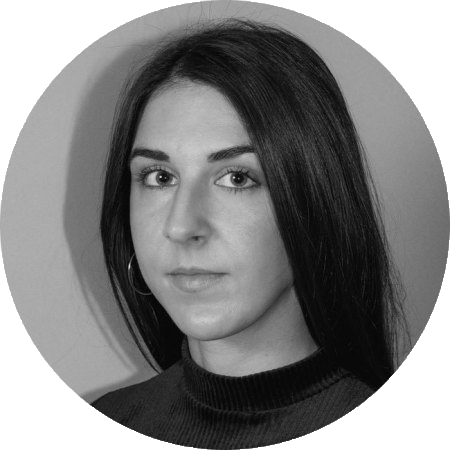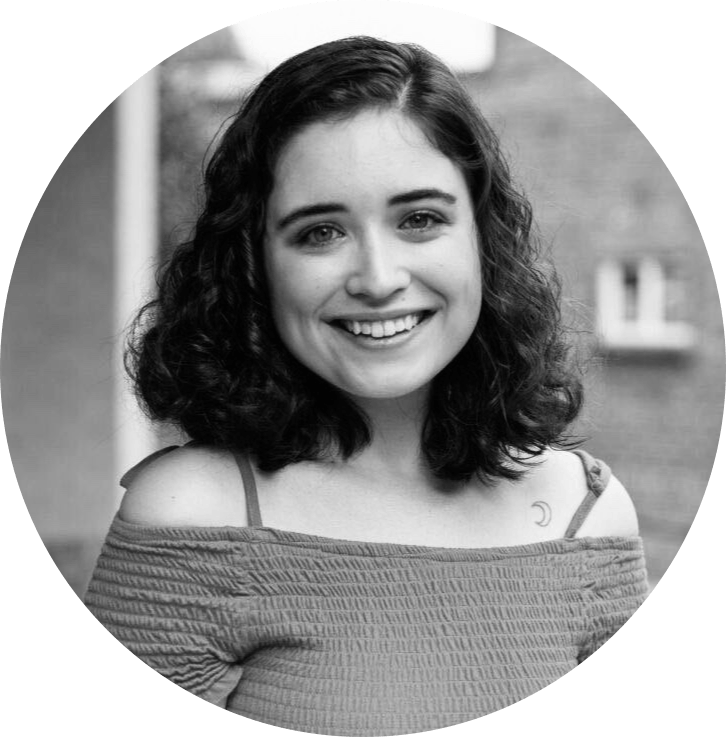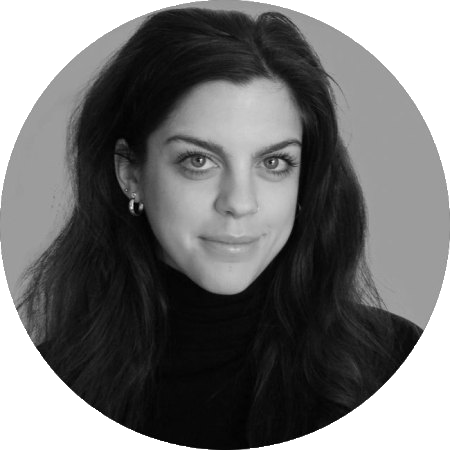The folks at Herogard looked into ways to support essential food workers fighting COVID face-to-face and carrying the country through an unprecedented pandemic.
Herogard’s CEO George Zheng says his transition from running an organic mushroom company (Roc Regenerative Farms) to running Herogard was “one of necessity.”
His understanding of food distribution and creating proper PPE has made it clear that more international research on zoonotic diseases, in addition to how food systems affect our wellbeing, is essential to creating a healthier future.
That’s why Herogard recently donated thousands of masks to New York City food bank partners, which Zheng says was a “simple decision.” With 40 million people being food insecure, partnering with food banks made sense.
If you purchase a Herogard mask, they donate masks to organizations that work with food-insecure households. Places in NYC include Foodlink, City Harvest and Food Bank for NYC. These local organizations feed millions of low-income New Yorkers.
Zheng commented on how this pandemic has strengthened the obvious need for public health initiatives that are “proactive in preventing or mitigating the impact of public health crises.”
The shift to producing and sourcing high-quality masks for local food businesses and other organizations intends to support a safe reopening in the U.S.
“Luckily, our manufacturer of choice is a well-respected biomedical conglomerate in Southern China that came vetted through our family network,” Zheng explained in an email correspondence with MedTruth.
“An ounce of prevention is worth a pound of cure.”
Food insecurity has been reported at 38 percent and now, during the COVID crisis, it continues to rise. Almost everywhere in the world, food demand and emergency food assistance have been reported since the beginning of the crisis.
In a COVID Impact Survey from the U.S. Department of Agriculture (USDA), households were asked in late April 2020 about their food security. The survey revealed that by the end of April, one in five households in the U.S. and two in five households with children were food insecure.
And in some regions, people are paying more for food due to the disruption of the supply chain.
Improper resources, underlying issues and the inability to access quality food are all a part of the divide with food distribution. Food insecure households are 47 percent more likely to visit an emergency room, therefore becoming disproportionately affected by COVID-19.
Wearing face masks can help prevent the spread of viral infections like the flu, and Herogard states that their masks are three times more effective in blocking small particles compared to a regular cloth mask.
Social distancing, hand hygiene and face coverings can keep us all safe until there is treatment or vaccine for COVID-19.
“If food banks are now seeing a surge in demands, that means longer lines and a greater risk of food bank workers getting sick with COVID-19,” Zheng said. “What happens if a City Harvest closes down, or a Food Bank For NYC closes down because their drivers can’t deliver food?”
He knows food insecurity won’t be solved with Herogard masks, but he hopes his company can protect essential workers who are feeding those in need of food.
“These heroes need our support.”
Footnotes
Vibha Bhargava & Jung Sun Lee(2016)Food Insecurity and Health Care Utilization Among Older Adults in the United States,Journal of Nutrition in Gerontology and Geriatrics,35:3,177-192,DOI:10.1080/21551197.2016.1200334


